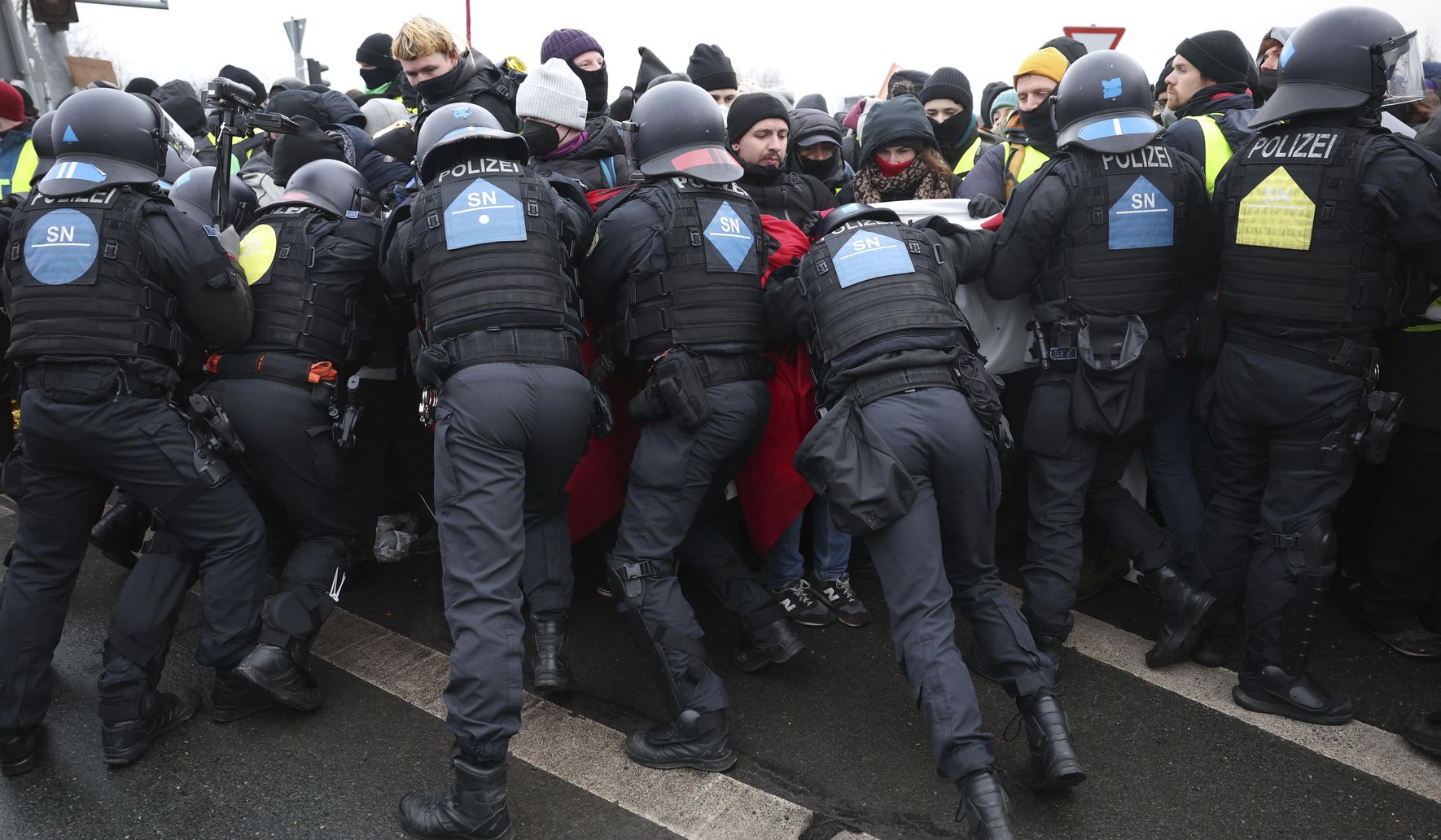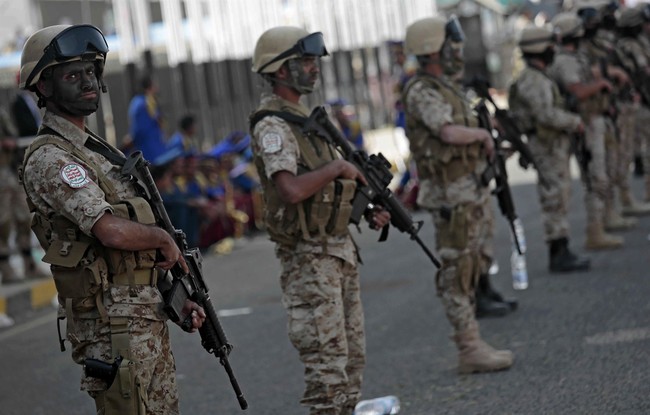Protests Erupt Across Germany as Far-Right Rises
As Germany approaches a critical election, massive protests target the far-right AfD party, escalating tension and questions about Germany's political future.
Published January 13, 2025 - 00:01am

Image recovered from washingtontimes.com
Germany finds itself at a political crossroads as thousands of protesters took to the streets, clashing with police, during a pivotal convention of the far-right Alternative for Germany (AfD) party in Riesa, Saxony. These protests mark a significant moment as Germany races towards its upcoming national elections on February 23. The AfD, which has emerged as a formidable political force, now polls in second place, with the mainstream conservative Union bloc leading.
The convention in Riesa was a strategic affair for the AfD, as co-leader Alice Weidel was nominated as its candidate for chancellor. Despite having garnered significant attention, including an endorsement from tech mogul Elon Musk, Weidel's chances of becoming Germany's leader remain slim. Other political parties have steadfastly refused to collaborate with the AfD, distancing themselves from its controversial policies, particularly those aimed at curbing migration. Weidel has been vocal against irregular migration, advocating for strict border controls and extensive deportations of asylum seekers.
As the convention unfolded, numerous incidents of unrest surfaced. Demonstrators, reportedly numbering up to 10,000, managed to delay the convention's proceedings using road blockades and sit-ins, effectively interrupting the schedule. An advocacy group known as 'Widersetzten', an organized counter-action alliance, played a key role in orchestrating these disruptions. The protests not only delayed the convention but also spotlighted various allegations of police misconduct, including accusations of violence against demonstrators and political observers.
One poignant incident involved Nam Duy Nguyen, a politician from the leftist Linke party, who was allegedly assaulted by police during the protests. Nguyen's party has condemned the police's actions, emphasizing the incident's gravity as a breach of public trust and calling for accountability. The police confirmed their awareness of the incident and have pledged to conduct an internal investigation.
The tensions in Riesa underscore a broader national debate on the place of far-right politics within Germany's democratic fabric. Similar gatherings by the Social Democratic Party (SPD) and the Christian Social Union (CSU) in Berlin also signaled the beginning of their campaigns. Chancellor Olaf Scholz, leader of the SPD, faces a challenging uphill battle. Despite leading a minority government, he is struggling to regain traction against the CDU, the dominant conservative force, and the rising AfD.
The CDU, led by Friedrich Merz, is currently the electorate's primary choice. Merz has concentrated his campaign on pledges to reinvigorate Germany's stagnant economy and address irregular migration, offering what he terms 'fundamental change'. Speaking in Hamburg, Merz targeted both Scholz's collapsed coalition government and AfD's policies, emphasizing a new governance approach that promises stability for investors and aims to boost economic growth.
As Germany prepares for what could be a transformative election, the dynamics between these parties hold significant implications for the country's political landscape and its role in Europe. The fervent protests and subsequent political discourse illustrate the diversity of opinion in Germany and reflect a critical examination of how the nation handles adversity and disagreement within its borders.
This political turbulence, compounded by public demonstrations and debates over migration and economic policies, captures the essence of an electorate sharply divided as it inches toward this crucial electoral event. The reaction from both supporters and opponents of the AfD will likely shape Germany's future, indicating the numerous challenges and decisions awaiting its citizens and leaders alike.







